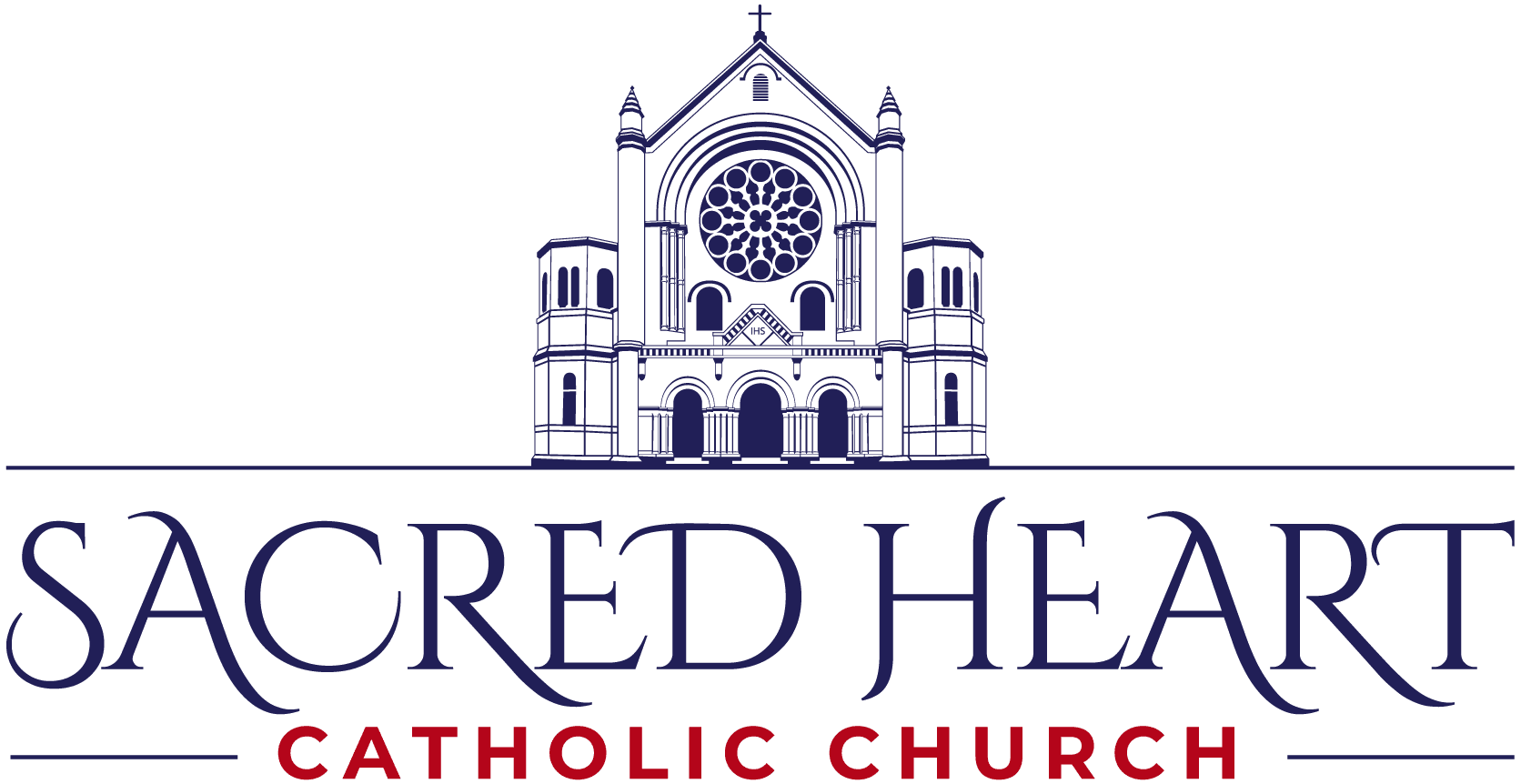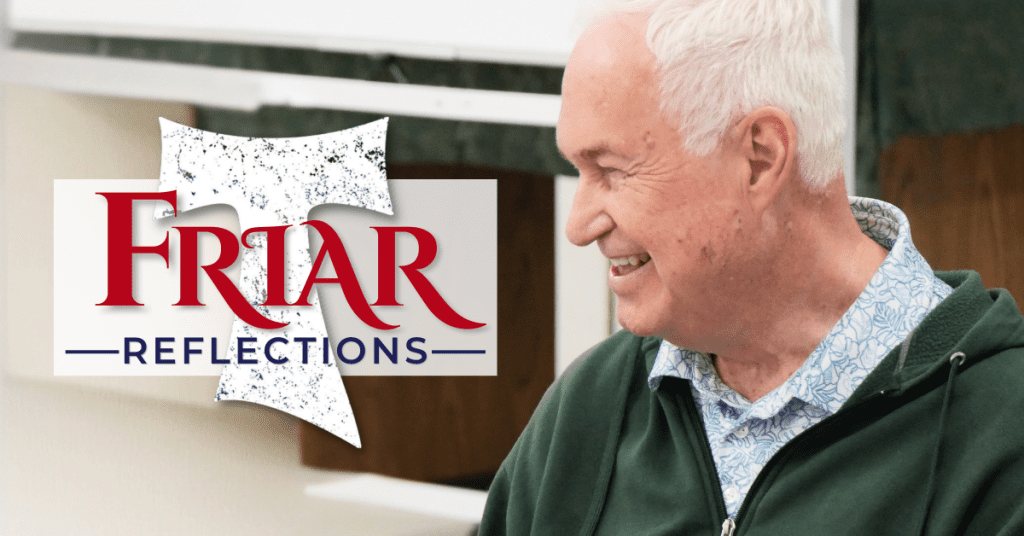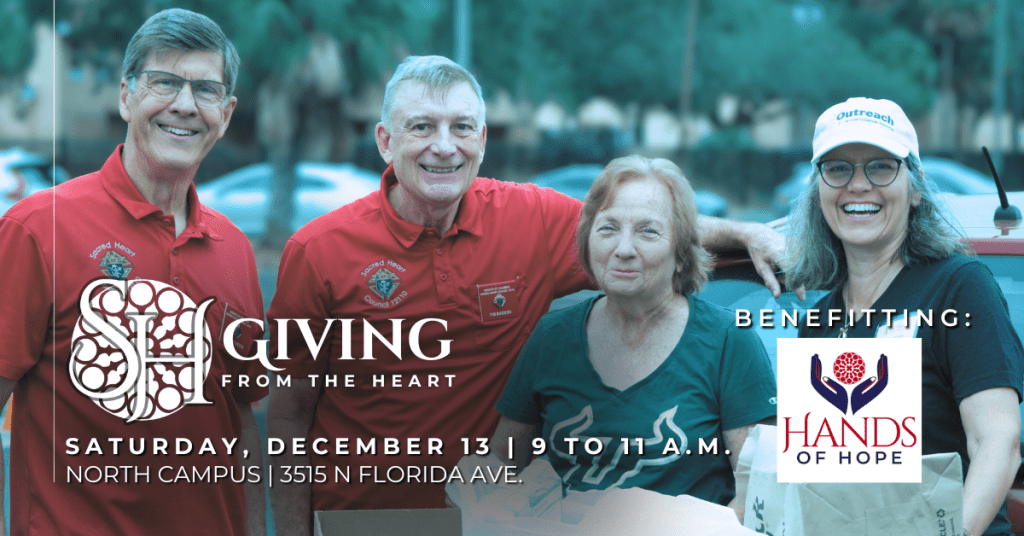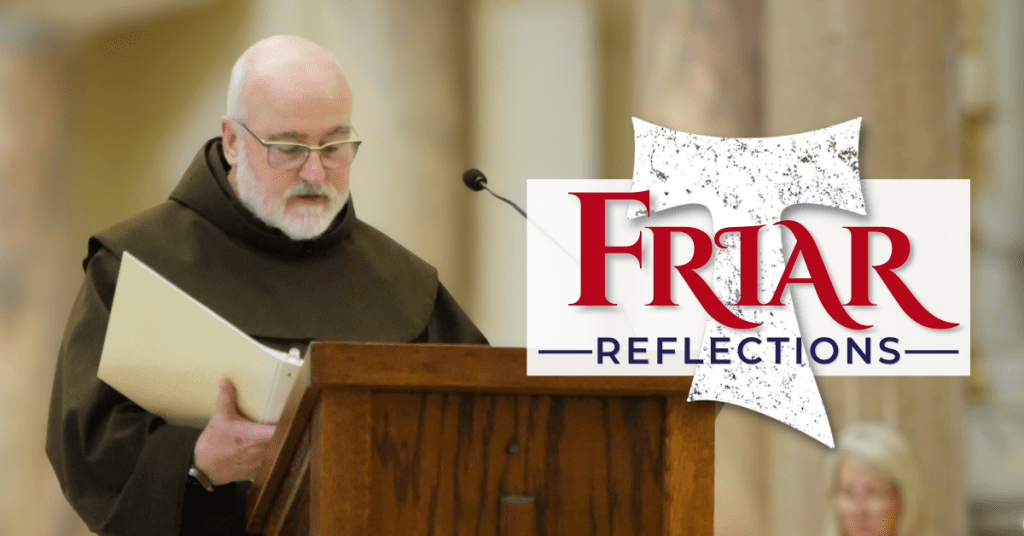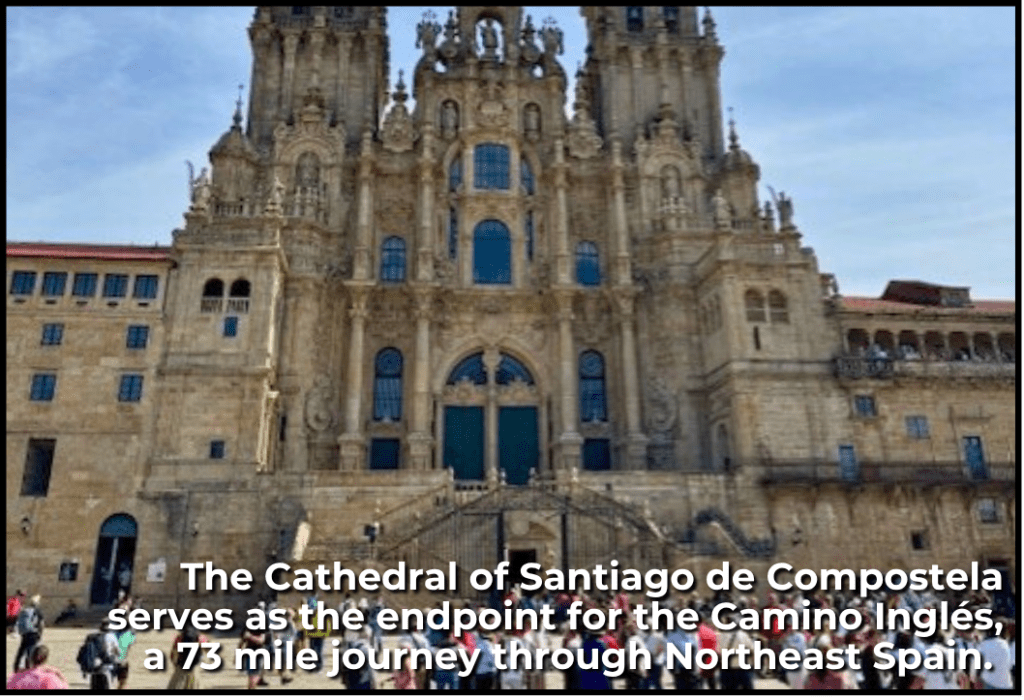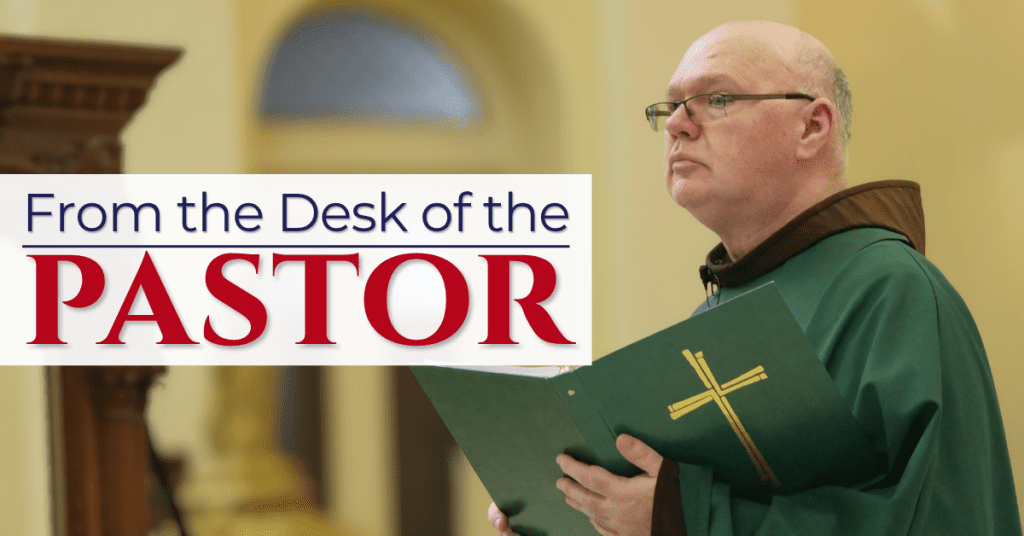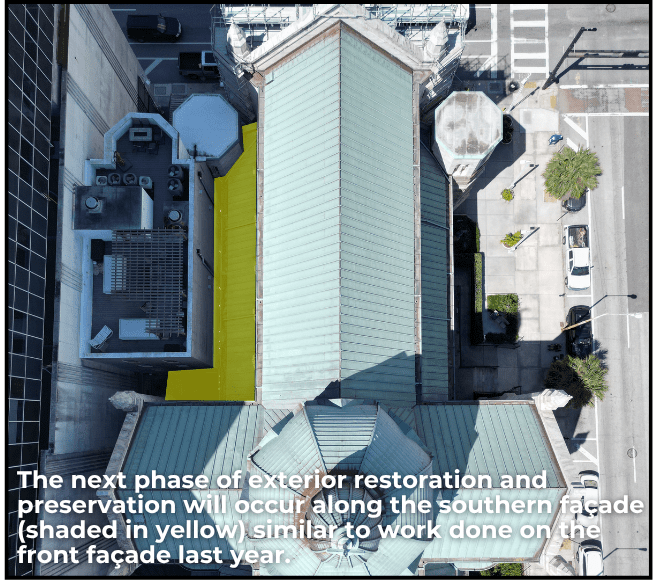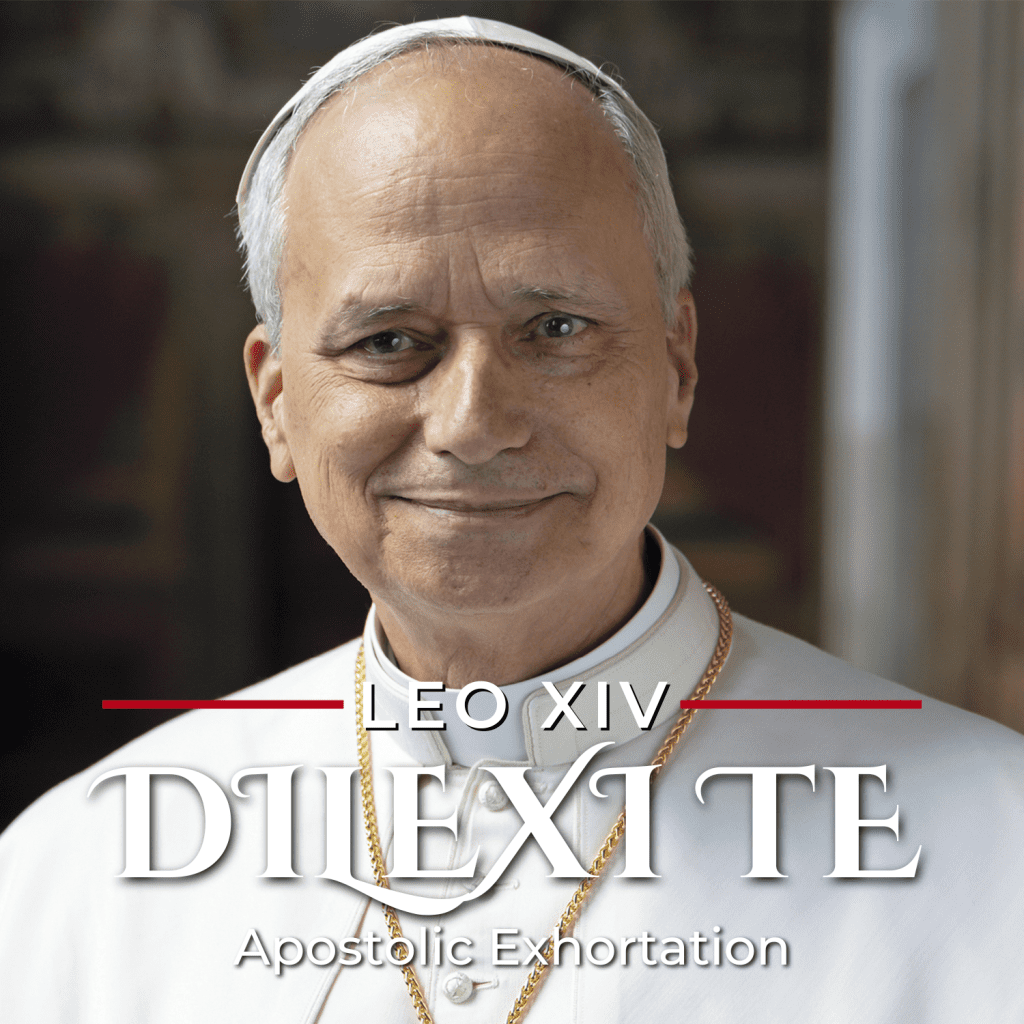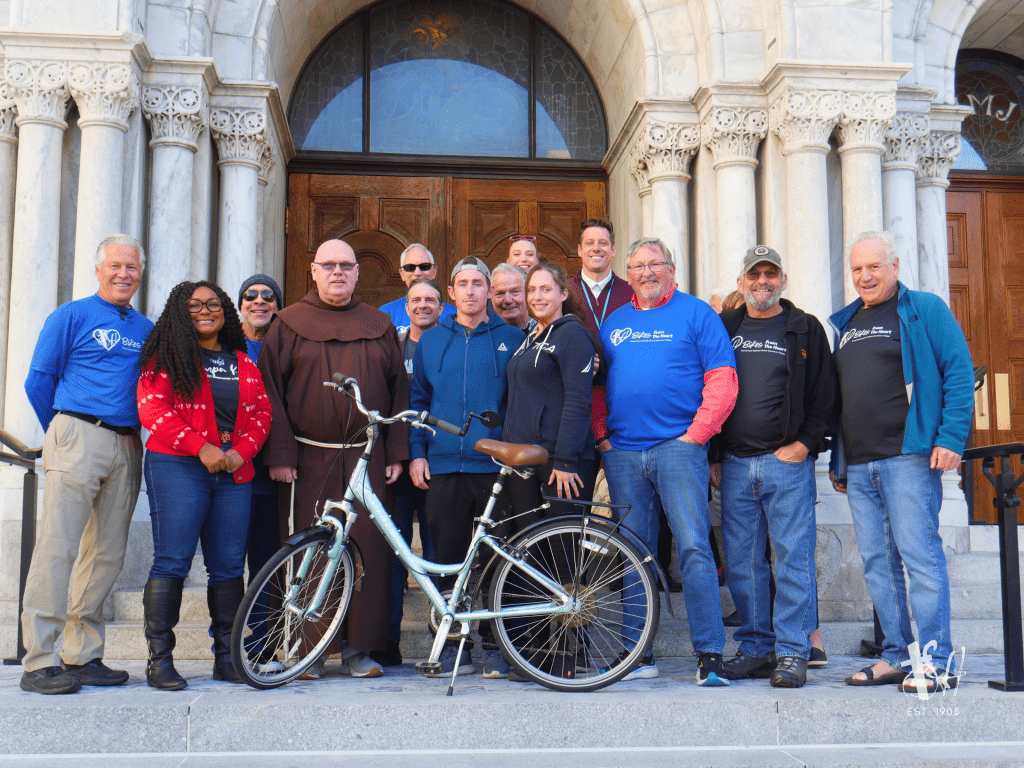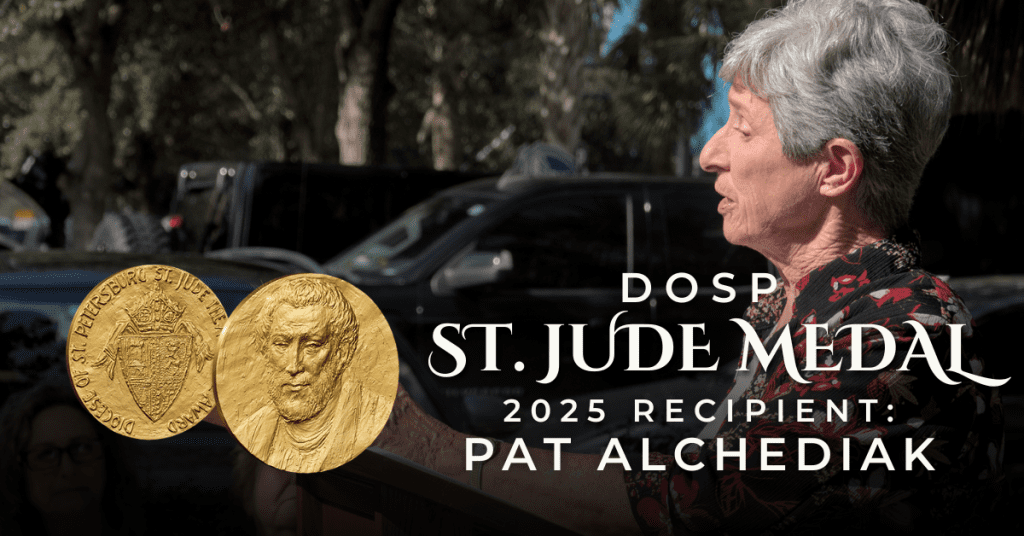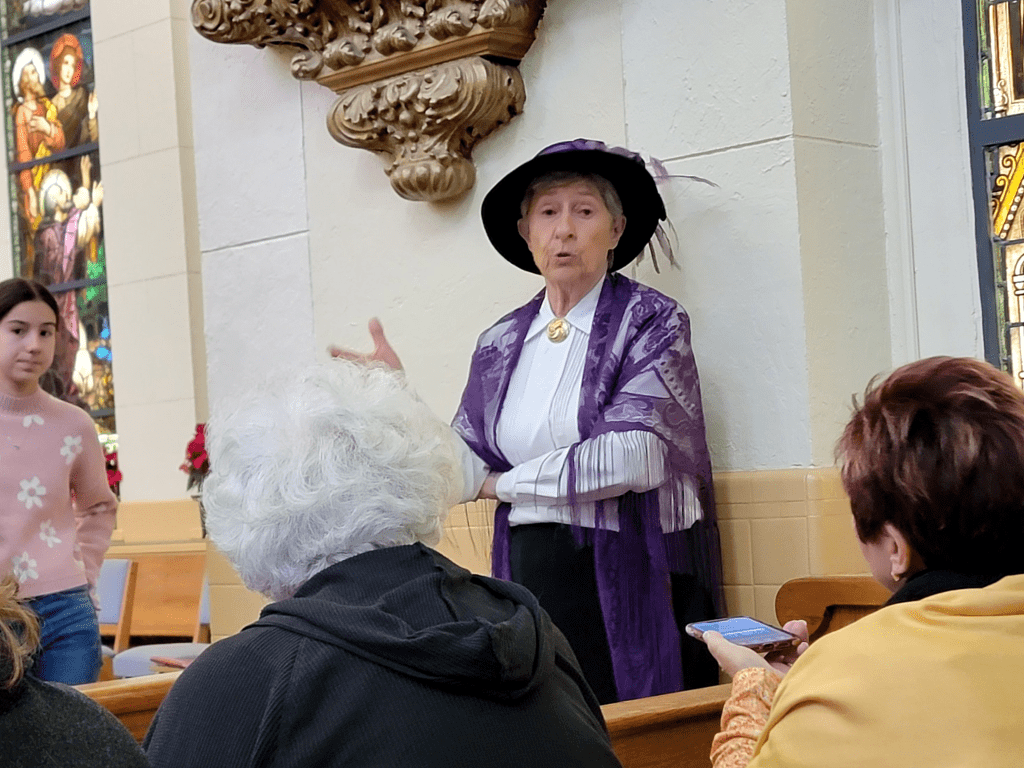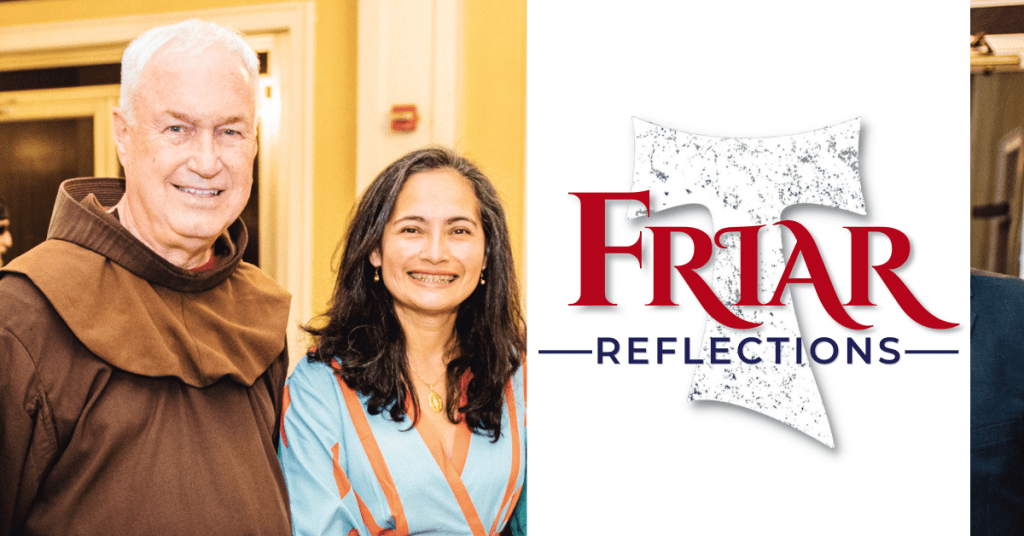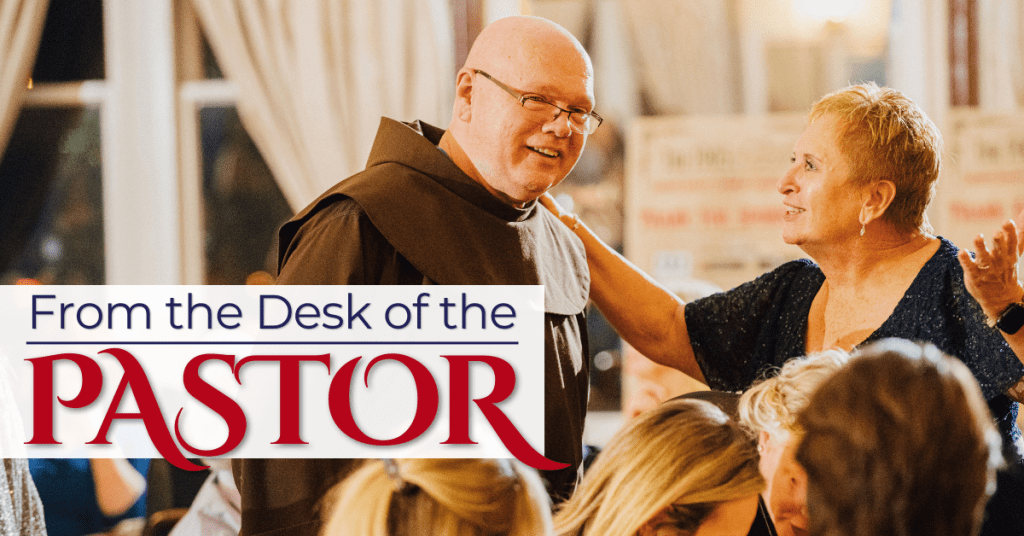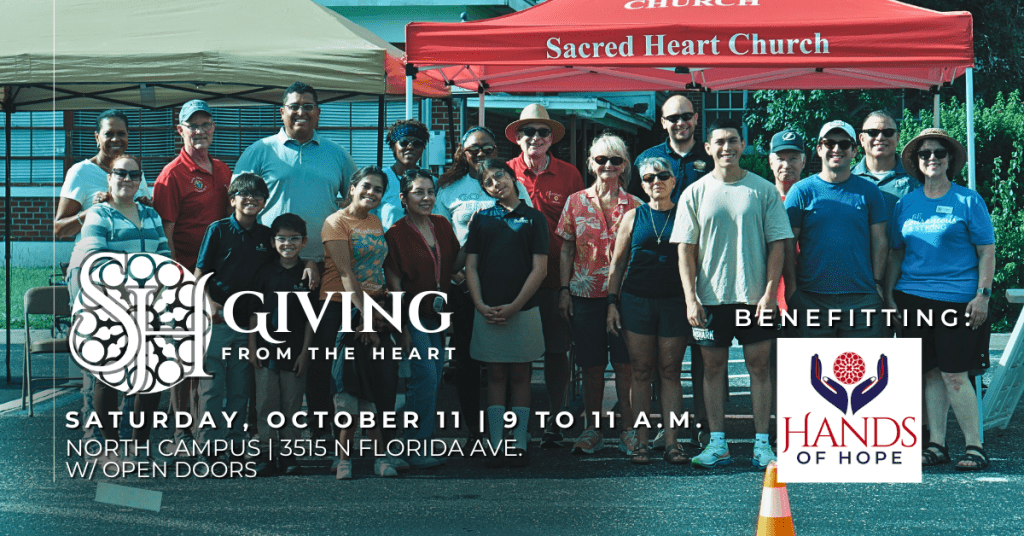“A Journey from Doing to Being”: I thought I’d share some thought from recent small walk in Spain…
There’s a saying among pilgrims: “You don’t walk the Camino; the Camino walks you.” For many, the Camino Inglés — the English Way — begins at the ports of Ferrol or A Coruña and ends, as all the great Caminos do, at the tomb of St. James in Santiago de Compostela. But beneath the miles and blisters, the Camino is not about reaching a place — it’s about being reshaped by the journey.
It’s the road that teaches you to slow down: When you first set out, your mind is full of plans — kilometers to cover, towns to reach, photos to take. But somewhere after the second or third day, the road teaches you something quieter: that haste is the enemy of grace. On the Camino, you learn that the soul moves at the pace of your feet. You cannot rush your healing, your forgiveness, or your awakening.
The Franciscan spirit invites us to this same stillness — to notice the small things: the morning mist, the taste of simple bread, the sound of our breath. In those moments, you realize that God is not only at the destination, but walking beside you in every step.
It’s the Weight of the Pack: Every pilgrim learns that what you carry matters. Your backpack — like your heart — gets heavy when filled with too much. By the second day, you start shedding things: an extra shirt, a bottle, maybe a book you thought you’d read.
This too is Gospel wisdom, “Take nothing for your journey,” Jesus said. (Luke 9:3)
The Camino becomes a living parable of detachment. You begin to see how much of life’s burden comes from carrying what is not needed — old grudges, fears, plans that never were. Every item left behind is a confession. Every lighter step, an act of faith.
It’s the People You Meet: On the Camino, you meet strangers from all nations and even from Tampa! Some walk fast, others slow; some talk much, others walk in silence. You share food, laughter, bandages, and sometimes tears.
Soon you realize that you’re not just walking your Camino — you’re walking ours. The real pilgrimage is not through Spain’s countryside but through the human heart — through the encounters that stretch it open. As Francis said: “It is in giving that we receive.” Every shared loaf, every word of encouragement becomes Eucharist on the road — bread broken and given.
It’s the Blisters of Grace: Every pilgrim knows pain — sore feet, aching shoulders, unexpected rain. But somehow, those hardships are part of the blessing. Without them, the joy at the Cathedral would not mean as much. Grace often wears the disguise of discomfort. What rubs us raw can also make us real.
“My grace is sufficient for you, for power is made perfect in weakness.” (2 Corinthians 12:9)
In the Franciscan sense, suffering is not to be avoided but embraced as a teacher. The Camino’s blisters remind us that the Christian life is not about comfort, but conversion — a continual turning toward love.
Arrival and Homecoming: When you reach Santiago, you are greeted by a sea of pilgrims. You may feel joy, or tears, or strangely… emptiness. Because what you’ve truly discovered is that the destination was never a place, but a Person — Christ Himself, who has been walking with you all along. And when you return home, the Camino continues — in your patience with others, in your gratitude for simple things, in your new awareness of God’s quiet presence.
As one pilgrim once wrote: “The Camino doesn’t end at Santiago. It begins there — in the way you now live your ordinary days.”
In closing, what I have shared are the simplest of my thoughts along the way. I believe I may have mentioned once before that one need not travel far to embark on a Camino but simply let your Camino be enchantment of the world around with new eyes and a willing heart. I’d like to express my gratitude for all with whom have made this “walk” a reality for me and my companions along the way. We are all the richer from the experience which will stay with us for some time.
Buen Camino!
– Fr. Zack

